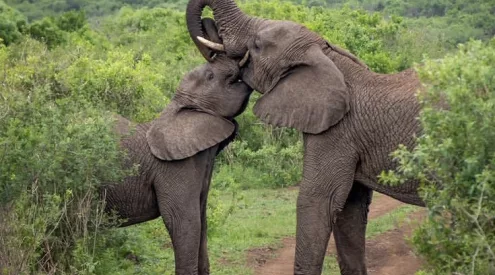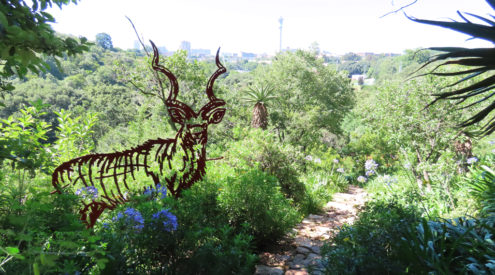Scientists in America have made a revolutionary breakthrough that will help save the third largest barrier reef in the world. The Florida Aquarium in Tampa has managed to reproduce ridged cactus coral. This is the first time ever in history that humans have successfully managed to do so.
The news was suitably shared by the Aquarium on Earth Day.
In 2014, coral reefs in Florida suffered a major disease outbreak that remains an issue today. This specific coral species was one of a few that were rescued by the Florida Fish and Wildlife Conservation Commission and the US national fisheries agency after the outbreak.
Scientists have worked hard to protect the adult coral colonies in order to create a favourable breeding environment. The success of reproduction means that scientists are optimistic of someday restoring the reefs when the disease is gone.
Through the reproduction process, scientists have gained, for the first time, information pertaining to the biology of this coral species. This includes vital information on when the coral have their babies and what their larvae look like.
Senior coral scientist at the Florida Aquarium, Keri O’Neil, spoke to CNN and said: ‘We are losing coral species faster than we can learn about them. This breakthrough is just really exciting; we’re still learning basic new things you’d think we’ve known for hundreds of years.’
‘It’s just people never worked with this species before and now that we have the opportunity to work with these corals in the lab, we’re going to find out so much more about them.’
Very little was known about the ridged cactus coral reproductive behaviour. Scientists at the aquarium managed to film this.
In the video below, the Florida Aquarium states that ‘the larvae could hold the genetic key to restoring our reefs’.
Have a look for the ‘birth’ video:
Image: Florida Aquarium/ screenshot from Instagram video















